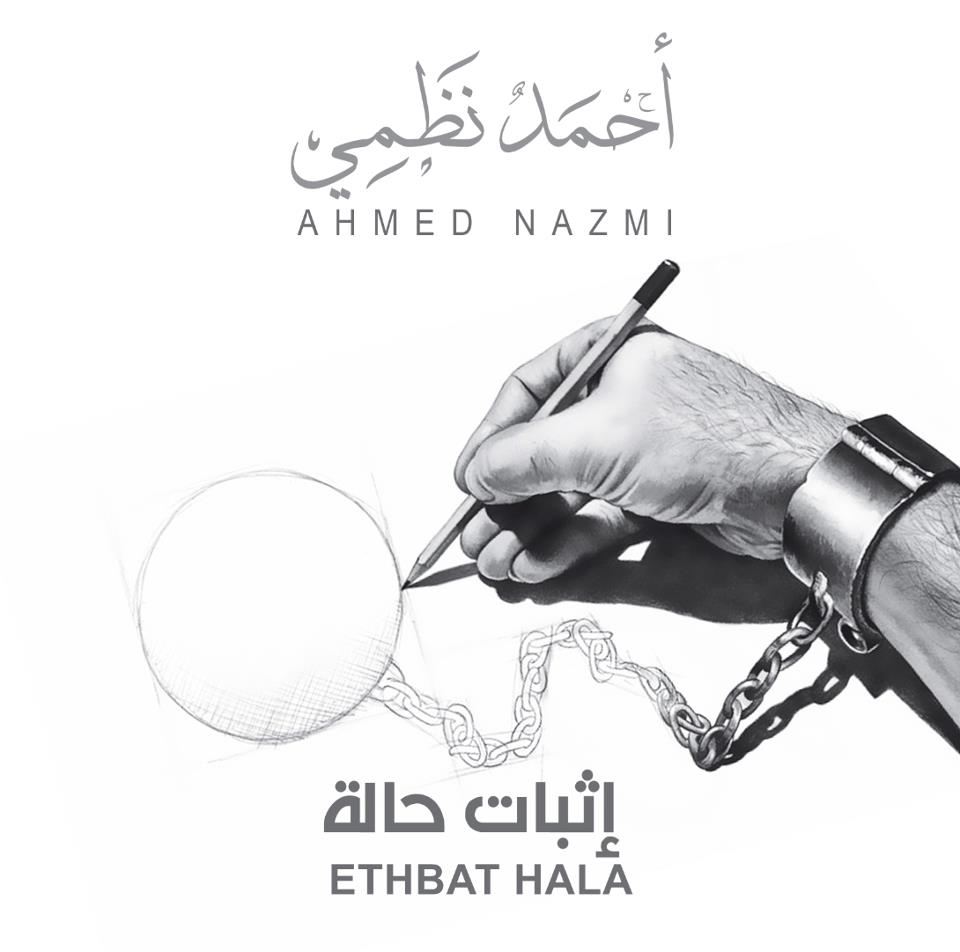Egypt is to retrieve 91 smuggled artefacts from Israel that date back to different ancient eras, after winning a case it filed last year, according to state-owned news agency MENA.
Shabaan Abdel Gawad, head of the repatriation department at the Ministry of Antiquities, told MENA that Egypt will receive the relics this year without mentioning the precise timing. He asserted that both countries are currently finalising the needed procedures for Egypt to retrieve the antiquities.
This will be the second time Egypt receives smuggled artefacts from Israel, something that Abdel Gawad believes to be “a hard process,” explaining that receiving the smuggled relics is a “conflict taking place between two countries.”
He also stated that the difficulty of the Egyptian-Israeli deal in receiving the antiquities is also because the two countries have “various local agreements and laws” connecting them.
Abde Gawad assured that Egypt exerts all possible efforts to retrieve all of its antiquities that were illegally smuggled abroad over the years, adding that Israel is not the only country Egypt deals with to repatriate artefacts. There are several other countries Egypt is currently reaching out to in order to return found antiquities, he said.
“Egypt has returned over 1,000 smuggled artefacts from several countries in the past two years. Five hundred and eighty-six of them were returned last year,” he told MENA, adding, “some of the restored antiquities were illegally transferred many years ago.”
Restoring antiquities comes with the help of Egypt’s Ministry of Foreign Affairs and the International Criminal Police Organisation (Interpol).
In 2016, Egypt retrieved two ancient tombs from Israel that date to the Greco-Roman era. The tombs were discovered to be smuggled outside Egypt during the security vacuum that followed the 25 January 2011 revolution. Egyptian authorities received the tombs after they were informed about them by Israeli authorities, who found them in a public auction in Jerusalem. The tombs were set to be displayed at the Egyptian Museum after undergoing restoration, as Abdel Gawad told local media outlets at the time.
Abdel Gawad also added that Egypt is currently witnessing a flourishing time of retrieving smuggled artefacts from other countries. He explained that Egypt has restored 440 antiquities from the Unioted Arab Emirates, while receiving 340 from Jordan over the years, along with more than 50 relics from Switzerland, Mexico, England, and France.
“In the first six months of 2018, we managed to return 23 antiquities from Cyprus and France, and there are some other important artefacts to be retrieved shortly,” he said.
Earlier this month, the Ministry of Antiquities announced receiving nine artefacts from France that were illegally smuggled and then seized by French authorities in 2012.
Over the years, since they were seized, both the Ministries of Antiquities and Foreign Affairs followed the case and proved Egypt’s ownership of the antiquities that were held by French authorities. The Egyptian Embassy in Paris was delivered the objects at the end of 2017.
The ninth retrieved artefact is a wooden mummy mask covered with plaster. Egypt’s Ministry of Antiquities spotted the mask while being sold at a Parisian auction hall. After undergoing study, the mask was proven to have been stolen from storage on Elephantine Island in 2013. The ministry also followed procedures to prove Egypt’s ownership, and successfully returned it by the end of 2017.
Last year, Egypt also received an ancient Egyptian relic recovered from France after finding it at one of Paris’ auction houses before the ministry took all necessary procedures to stop the sale of the relic and withdraw it from auction.
The retrieved artefacts include cosmetics and jewellery containers made of beads, ivory, and bone that can be dated to different ages of ancient Egyptian civilisation, but most of them are from the Coptic era.
Abdel Gawad concluded that the success Egypt is achieving in the field of retrieving its smuggled artefacts led countries like Yemen, Iraq, and Cyprus to use the country’s expertise in the field.




